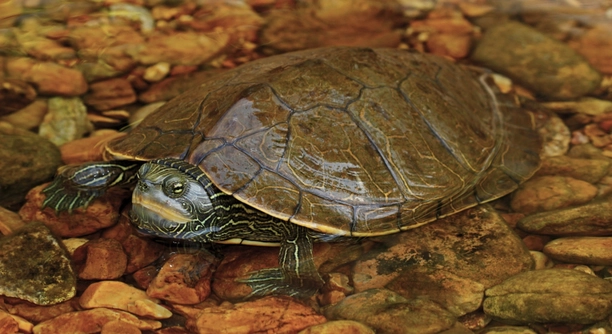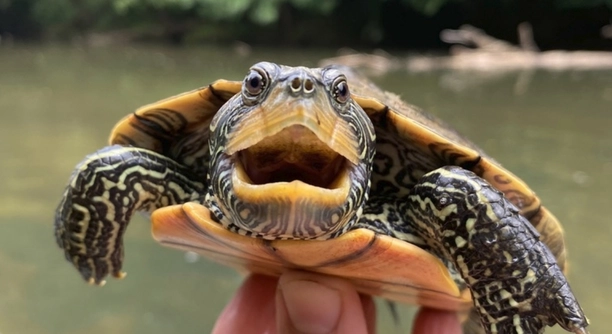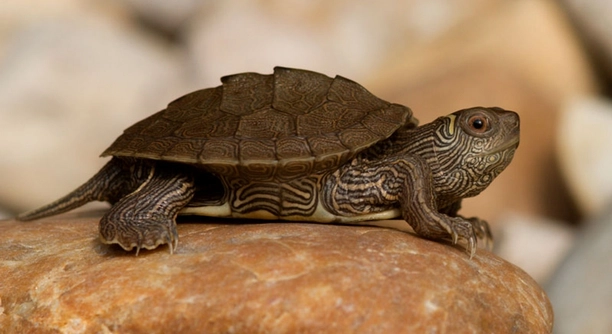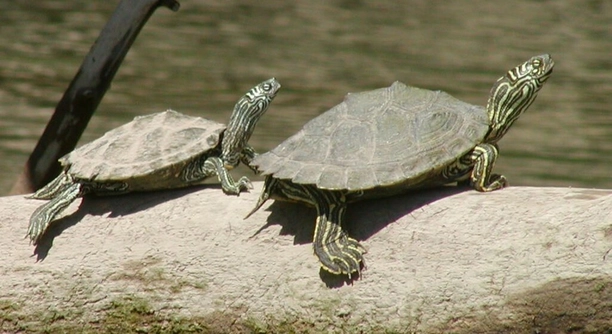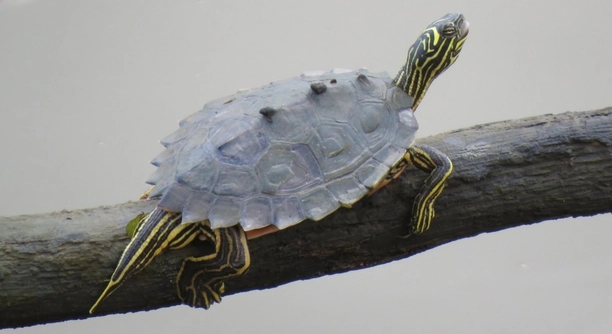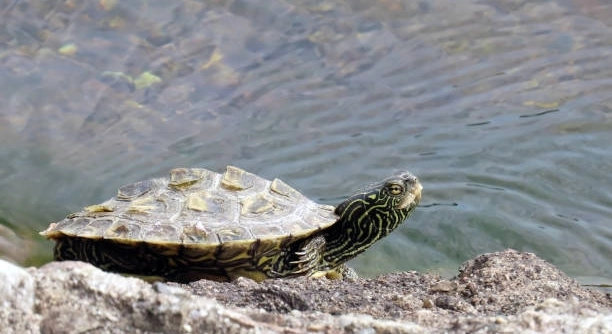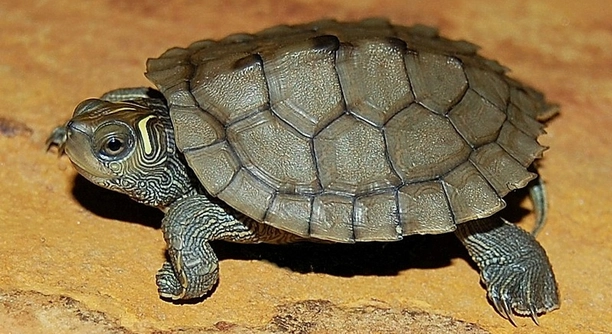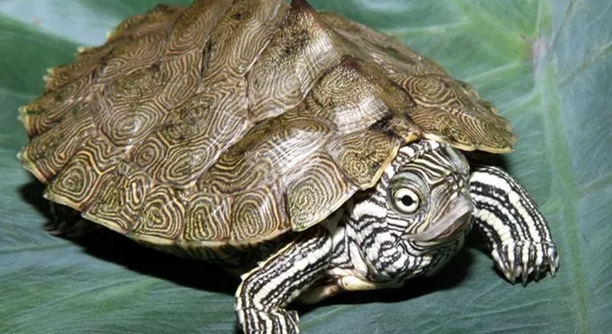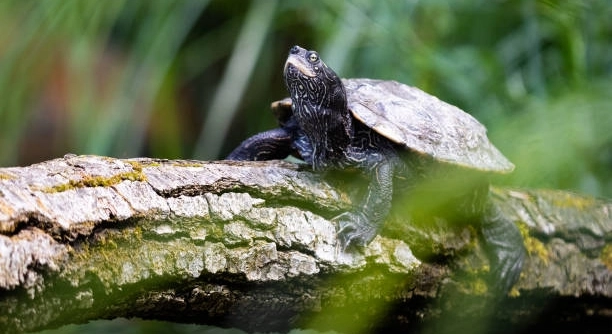7 Indicators Your Map Turtle Is Affected by Seasonal Stress
Map turtles are fascinating creatures, but like many animals, they can experience stress during certain seasons. This stress can affect their health and behavior, requiring close attention. Knowing the signs can help ensure their well-being. Seasonal stress in map turtles is typically due to environmental changes such as temperature fluctuations or reduced food availability. It … Read more

